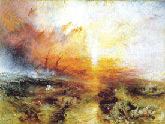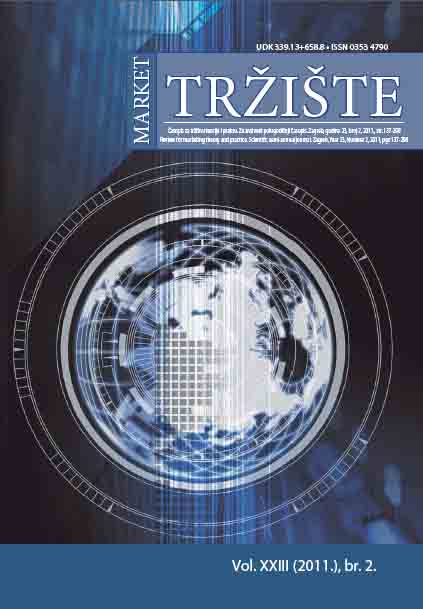
We kindly inform you that, as long as the subject affiliation of our 300.000+ articles is in progress, you might get unsufficient or no results on your third level or second level search. In this case, please broaden your search criteria.



This article introduces The institute for the study of totalitarian regimes and describes its mission.
More...

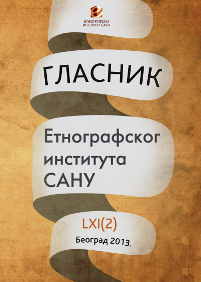
The text represents introductory editorial note to the tematic issue: Social Sciences and the Humanities: Facing the Challenges of Postdisciplinarity and the Market. Five authors (Kilianova, Magnuson, Kaser, Martinova and Nikolic) contributed to it.
More...
The text represents introductory editorial note to the tematic issue: Social Sciences and the Humanities: Facing the Challenges of Postdisciplinarity and the Market. Five authors (Kilianova, Magnuson, Kaser, Martinova and Nikolic) contributed to it.
More...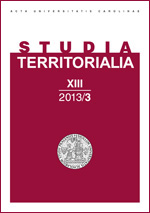
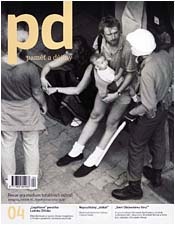

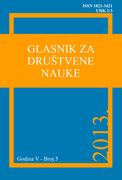
In this paper, sport is considered from the viewpoint of sports ethics and morality. Sport is individual and collective social activity which, due to its strategic importance for the development of the younger generations and the maintenance of public health, is regulated by the Law on sport. In addition to laws and by-laws, the behavior of athletes and other sporting event participants, has, since the first Olympic games, been regulated by a codex of ethical and moral standards that is applied universally to all athletes, sports organizations and sporting events, both for amateurs and professionals and sports fans as well. The difference between personal ethical standards and the morality of athletes, groups and collectives, particular communities including sports clubs, sports organizations and groups of sports fans, has always existed and will continue to exist in the future. Unethical and immoral behavior has always existed in sport, and this is the type of behavior that deviates from the athletes’ethical code and the morality of the social environment. Unethical and immoral behavior in sport destroys the noble meaning of sport and endangers other sporting event participants as well as the environment.
More...